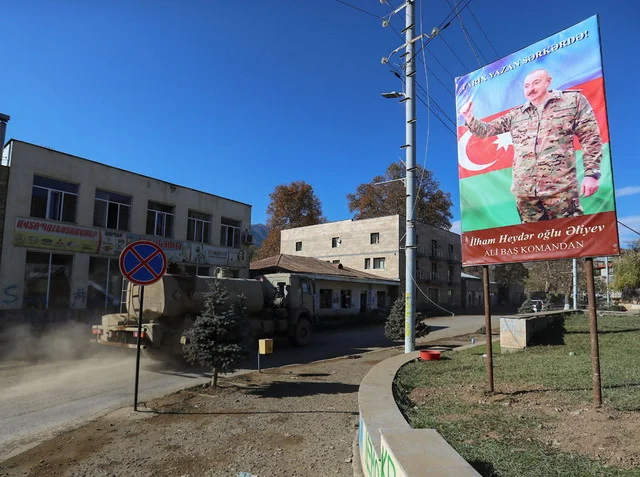“It is important to establish a pan-European opinion in international human rights organizations and monitoring committees that Azerbaijan has waged an unjust and illegal war. We will need this argument in the future to advance our position in various courts, including the issue of the de-occupation of Hadrut and other territories in Artsakh, which will be raised in the near future, I believe,” expert on international law Ara Ghazaryan announced during an online discussion organized by the Article 3 Press Club regarding the forthcoming possible developments in the context of complaints filed by the Armenian side regarding Azerbaijani war crimes in the ECHR.
Ara Ghazaryan stressed, “This is not regarding the seven regions, but the regions that Artsakh declared independent during the referendum of 1991 in accordance with public law. The legality of that referendum has not been doubted by any country this entire time. Whatever the government has initiated was good, but I think that private groups, activists, and lawyers need to gather facts and evidence successfully, which includes the great work of the Human Rights Defender’s office, which will enable us to file cases in international courts and present the unfair nature of the war. That will help Armenian criminal prosecution bodies to launch individual criminal prosecutions outside of Armenia. Using international mechanisms, they can ensure that specific individuals are prosecuted abroad as a result of Armenian criminal procedure. For example, a person who is often seen in videos commits crimes and humiliates prisoners of war. At least those people can be prosecuted because Azerbaijan does that without having any basis. But we have a basis for this, and we must implement it.”
Ara Ghazaryan believes that there will be huge developments in the legal field in the near future, which also has to do with the de-occupation of Artsakh. This includes the territories that Azerbaijan captured during this war. “I do not think that Azerbaijan has any legal basis for Hadrut and other territories. Interesting developments await over the next four to five years if consistent progress is made.”
Read also
Luiza Sukiasyan






















































